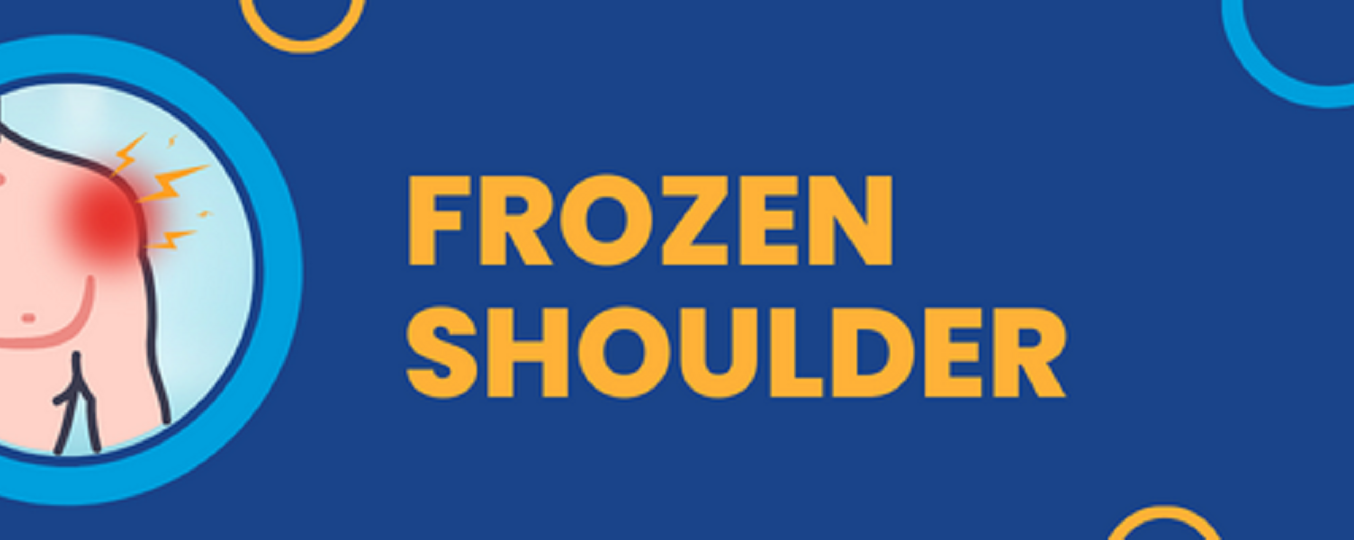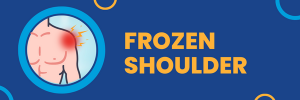How to Cope with Financial Stress?
Feeling stressed is a natural human emotional that can unfortunately be enhanced when a person is going through financial problems. It is important to remember that you are not alone, financial stress is something many people experience at some point in their life. Luckily, there are easy ways that stress and anxiety can be eased. Here are several ways you can cope with stress and overcome your financial problems once and for all.
Understand the cause of stress
The climate in the world today is undoubtably stressful. The coronavirus pandemic has caused major economic fallouts all around the world. As a result, many people are experiencing financial stress due to mounting debt, loss of employment or unexpected expenses arising. The stress caused by these problems may present itself in a variety of different ways. You may be experiencing trouble sleeping, feeling depressed, anxious, or wanting to withdraw from society.
The bigger the financial problem, the bigger toll it takes on our mental health. When you have poor mental health, it is harder to manage your money, it is a vicious cycle.
In order to break this cycle, it is helpful to identify the main problems in your life and understand those which are causing the most stress. By highlighting the issue, you will be better equipped to deal with it, eliminate the problem and help ensure it does not happen again in the future.
Talk to someone
When it comes to financial stress, chances are you are not alone. It helps to talk to someone close to you or even a trained professional. Vocalizing your problems may help put things into perspective and make your issues feel much less intimidating. The person listening doesn’t need to fix your problems, they can just be used as a sound board to listen without any judgment or criticism. They may even provide a fresh perspective and come up with a solution to your problem that you never thought of. Just remember that asking for help is not a sign of weakness, sharing your worries with someone you trust can be incredibly beneficial.
If you don’t feel comfortable talking to family or friends, there are many professionals available who specialize in dealing with financial problems. There are also a number of free resources on how to manage debt such as Credit Counselling Singapore (CCS), which is an independent, non-profit, Social Service Agency. CCS is the only organisation recognised by The Association of Banks in Singapore (ABS) for their commitment in helping debt-distressed individuals address their unsecured debt problem through counselling, education and facilitating debt repayment arrangements. https://ccs.org.sg/
Track your finances
It is incredibly useful to come up with a detailed plan outlining your monthly income, expenses, and debt. Laying everything out in front of you will allow you to clearly see the reality of the situation you are in so you can solve it as soon as possible. In addition to an old fashioned excel sheet, there are plenty of websites and smartphone apps that can help you easily record and track your finances.
Recording everything will allow you to identify your spending patterns and allow you to make the necessary changes. Small helpful changes include cutting down on nonessential spending like
eating out at expensive restaurants, getting takeout instead of cooking or indulging in a little online shopping. By eliminating some unnecessary expenses, you can free up some extra cash to pay off bills, cover an unexpected expense or treat yourself or a loved one to something special.
Make a plan
Once you can track your finances you can easily make a plan to address your specific money problems. Whether the problem is high credit card debt, overspending or not enough income, there is a solution!
You can try lowering the interest rate on your credit card debt, live within a stricter budget, find a new source of income, or seek out government benefits. With whatever course of action you choose, don’t forget to monitor your progress. Regularly review your financial plan and see if the changes you have made are working. You will be amazed at how small changes can allow you to take control of your financial situation.
Live within a budget
Creating a monthly budget for yourself will help eliminate overspending. We are all guilty of indulging in unnecessary things whether it be travel, takeout or online shipping. Creating a monthly budget will allow you to track these expenses and cut down on them when you are in financial hardship. Some months it becomes a priority to pay a bill, or an unexpected expense may come up. By sticking within a budget, you will be better equipped to cover these expenses.
Take care of yourself
During the process of dealing with financial stress it is important to have good mental health by taking care of yourself. There are many techniques you can use to improve your mental wellbeing and better deal with anxiety resulting from money problems.
You can brighten your mood by doing a little bit of exercise every day. Getting your body moving is a sure-fire way to ease stress and improve your mood. Another helpful technique is meditation or breathing exercises. Take some time out of your day to truly relax and give your mind a break from stressful thoughts.
In addition to exercise it is necessary to get at least seven to eight hours of sleep every night. Sleep is so important to get both the mind and body working at their best. It is also important to eat healthy foods and drink lots of water daily. Keeping your body healthy by getting a good night’s sleep, doing exercise, and eating right will improve your outlook and allow you to cope with any financial stress you may be experiencing.
Managing your finances may seem like a daunting and stressful task. Take it one step at a time and you will be better equipped to manage your stress and deal with challenges in the future. It is a good idea to talk to someone you trust about your problems, keep track of your finances, come up with a plan and stick to a budget. Above all, take care of yourself and try not to be overwhelmed with worry. There are many ways to tackle your money problems and ease your stress levels. No situation is completely hopeless and there is always help available.
Image by tirachardz on Freepik









